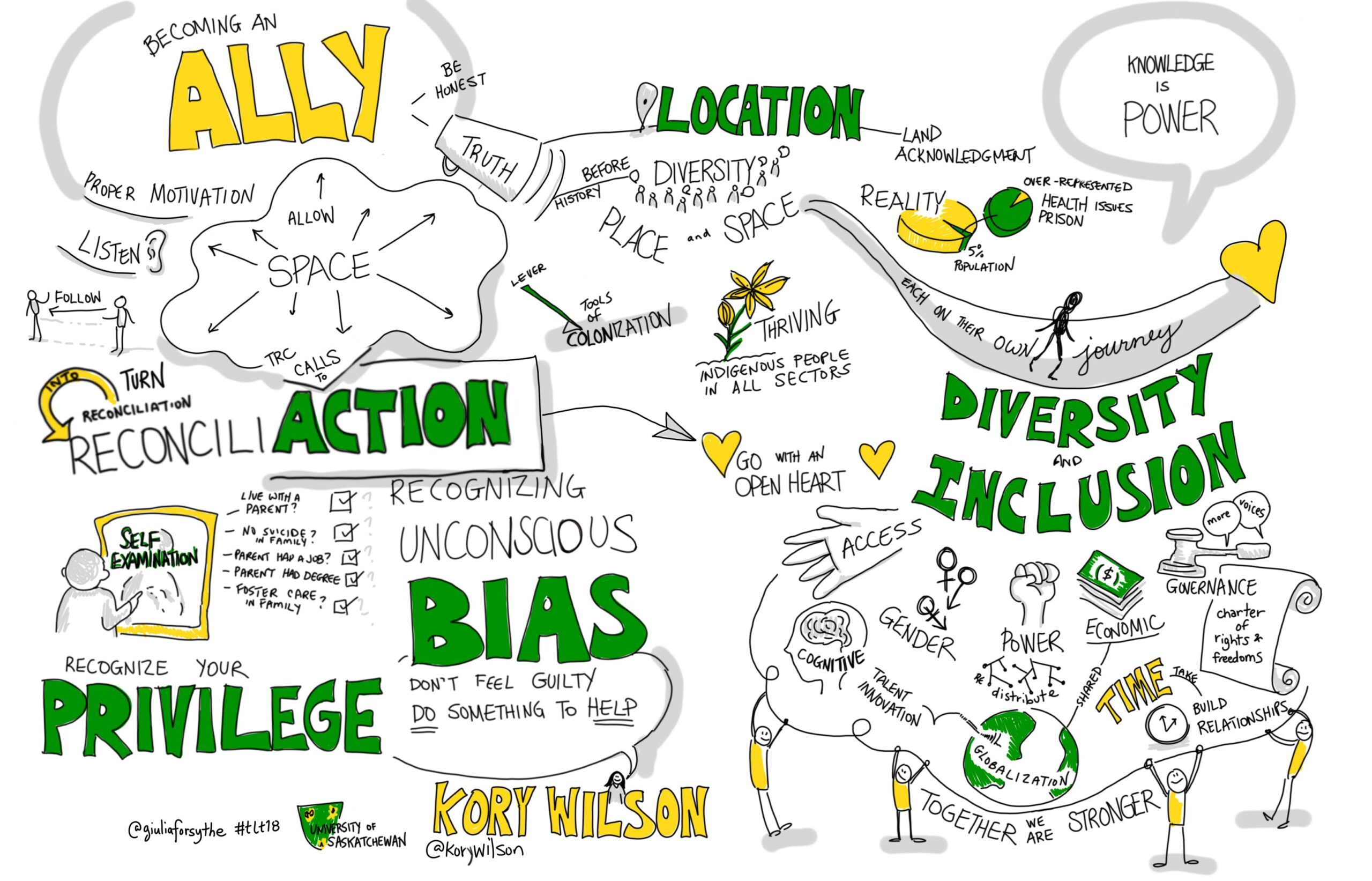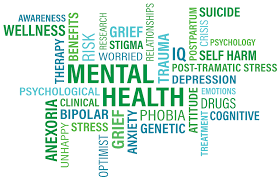June Pride Month is a celebration of the LGBTQ+ community’s contributions to history, society, and cultures worldwide. Throughout the month of June the roots of Pride, tracing back to the pivotal Stonewall Riots in June 1969, are celebrated.
Origins of Pride Month
The foundations of the gay rights movement date back to the early 1900s, when courageous individuals across North America and Europe established gay and lesbian organisations like the Society for Human Rights in Chicago, founded by Henry Gerber in the 1920s.
Following World War II, groups such as the Mattachine Society and the Daughters of Bilitis emerged, demanding recognition and fighting against discrimination towards gays and lesbians. In 1966, members of the Mattachine Society staged a historic “sip-in” protest at Julius, a New York City bar, challenging discriminatory laws by openly announcing their homosexuality.
However, it was a fateful night in June 1969 that sparked a monumental leap forward for the gay rights movement. On June 28, the Stonewall Inn, a bar nestled in Manhattan’s Greenwich Village, became the focal point of a clash between the New York Police Department and a defiant group of patrons. The confrontation ignited a six-day wave of protests and clashes, known as the Stonewall Riots, thrusting the gay rights movement into the global spotlight.
The First Gay Pride Parade
A year later, during the Stonewall Riots’ anniversary, activists in New York City took to the streets of Manhattan in a march commemorating the uprising. Organised by the Eastern Regional Conference of Homophile Organizations (ERCHO) and the Christopher Street Liberation Day Umbrella Committee, the march became known as the Christopher Street Liberation Day March, eventually evolving into the iconic Gay Pride Parade.
According to activist Craig Schoonmaker, who coined the term “pride” for gay pride, “There’s very little chance for people in the world to have power. People did not have power then; even now, we only have some. But anyone can have pride in themselves, and that would make them happier as people, and produce the movement likely to produce change.”
On June 28, 1970, the country witnessed its first gay pride parade in New York City. The event garnered tremendous success, drawing an estimated 3,000 to 5,000 participants along a 51-block route from Greenwich Village to Central Park. Marches and parades also took place that June in Chicago, Los Angeles, and San Francisco.
Save the Dates for Pride 2023
Pride Month 2023 commences in June it highlights diversity and unity within the LGBTQ+ community.
Supporting the LGBTQ+ Community During Pride
Pride Month presents opportunities to show your support for the LGBTQ+ community, not only in June but throughout the year. Here are some supporting organisations who offer support to members of the LGBTQ+ community:
MindOut | Mental Health Charity for LGBTQ community
LGBTQIA+ mental health – useful contacts – Mind
Kids & Young People – Mermaids (mermaidsuk.org.uk)
How You Might Feel – The Proud Trust
LGBTQIA+ Resources | LGBTQIA+ | Who else can help | The Prince’s Trust (princes-trust.org.uk)








